Is swearing good or bad for your online marketing?
The power (or otherwise) of a potty mouth.
It’s a natural human reaction to be accepted.
So, when it comes to writing content for your social media and blog posts, one thing people often ask is, ‘Can I swear?’.
They fear that if they swear or post something a little controversial, that they’ll lose their credibility.
But when it comes to being a bit of a potty mouth online, there is no right or wrong. Personally, I don’t swear in my digital content as I don’t feel it’s something my audience would appreciate, and it’s not on-brand for my business.
For some people, it works. They write as they speak and swear words are commonplace in their world. And they attract people who don’t take offence to this style of language. You only need to look at some recent book titles to see that swearing has become more commonplace in today’s world.
So, should you do it?
Factors to consider if you’re questioning swearing in your digital content.
1. Know your audience
Who are you speaking to and would they be offended if you swore? These days, most people are more tolerant of swearing, but if your audience is younger; for example, their parents may not appreciate them reading this type of content.
If your audience has a great sense of humour, cursing can inject fun into your marketing message and make it more relatable. When you speak, if you naturally curse (yes, some people do, and that’s ok!), the writing in your marketing material will sound more natural if you’ve used the occasional swear word like you would when you speak.
2. SEO rankings
This is one thing that worries people the most. You don’t want to have worked hard to get some high SEO rankings happening and then lose them with a couple of swear words.
The good news is Google won’t specifically punish you for using profanities. Many people are using ‘safe search’ when browsing online. If your post or page titles have swear words, your site won’t come up in the search. So, as a result, you’ll receive fewer hits to your website – one of Google’s ranking factors.
3. Allowing others to follow suit
Every time you post content online, you open yourself up for others to comment on your social or blog posts. And this is great; you want that type of interaction. But what do you do if a reader posts a comment full of unsavoury words?
You don’t want to be the person deleting comments, so you could consider adding an ‘acceptable language’ clause to your policy or code of conduct on your website. If you’re anti-swearing, you could clean up the comments or edit the swear words with *, so the entire word isn’t spelt out.
Ultimately, it’s up to you
If swearing comes naturally to you, do it. If it doesn’t, and you’re forcing it, don’t do it. You need to consider your brand and if swearing is part of your brand voice.
Don’t think you need to swear to be ‘hip and cool’. Ultimately, it’s all about how you write effectively to convey your message to your audience. If swearing isn’t natural, you can still inject humour and skirt around colourful language and ideas using a more lighthearted approach.
What’s your opinion on swearing online in digital content?
Without starting any big arguments, I’d love to hear your feedback on swearing online – is it a yes or a no for you? Or maybe it’s not so black and white? I’d love for you to share your thoughts.
